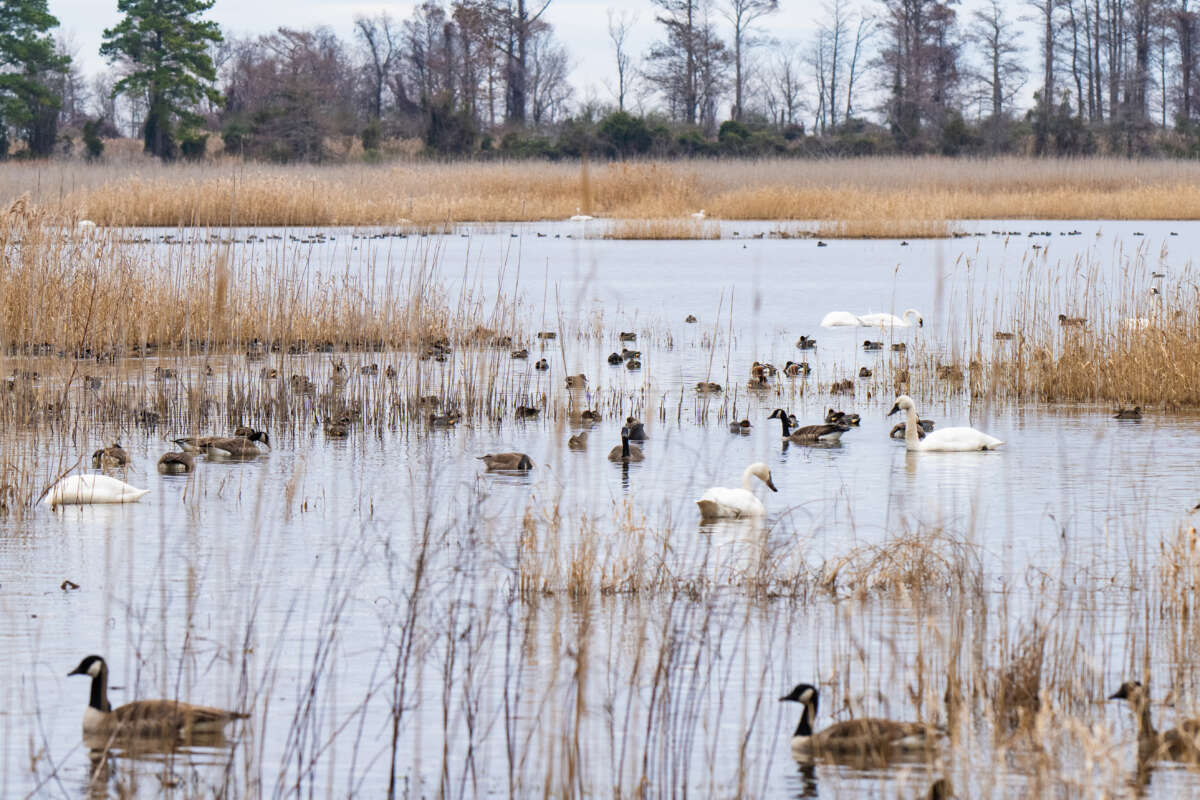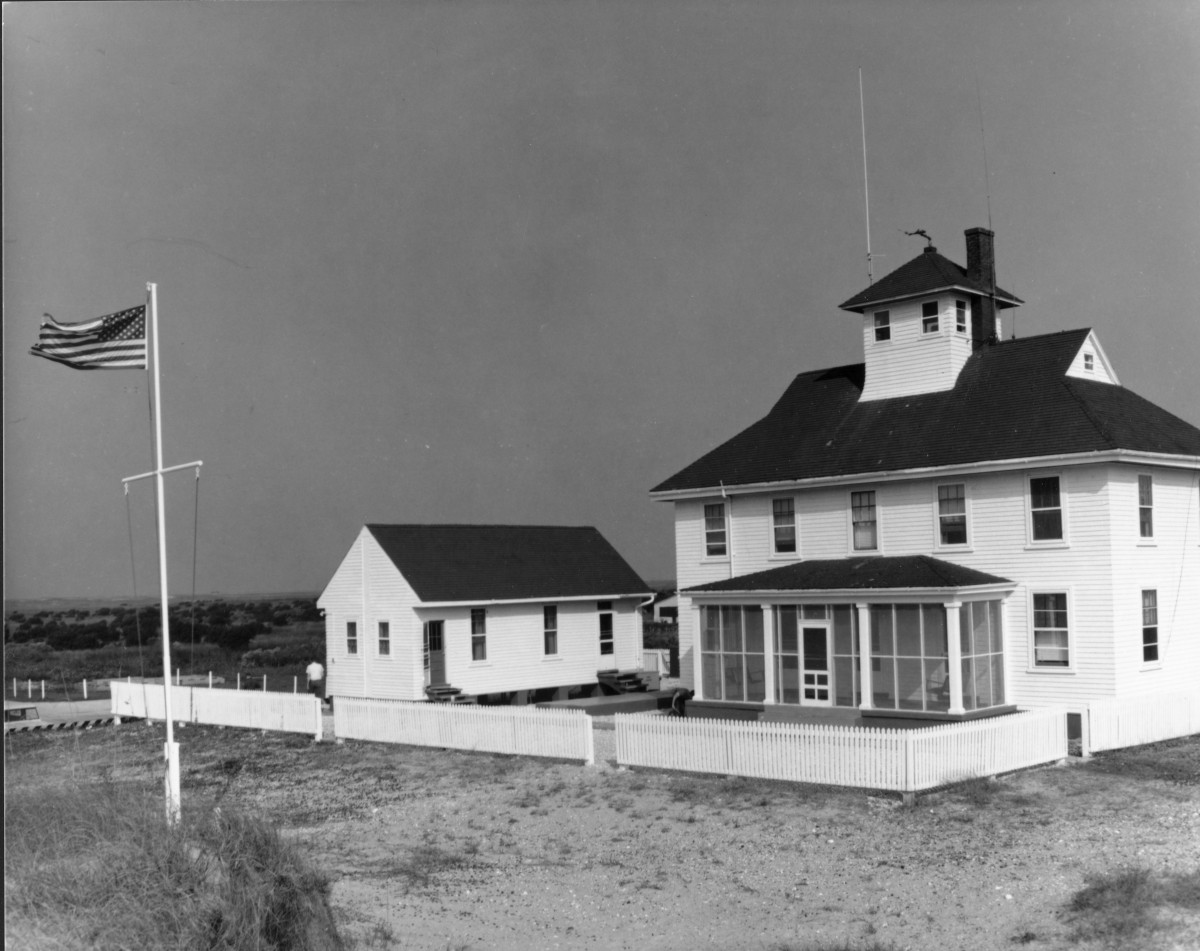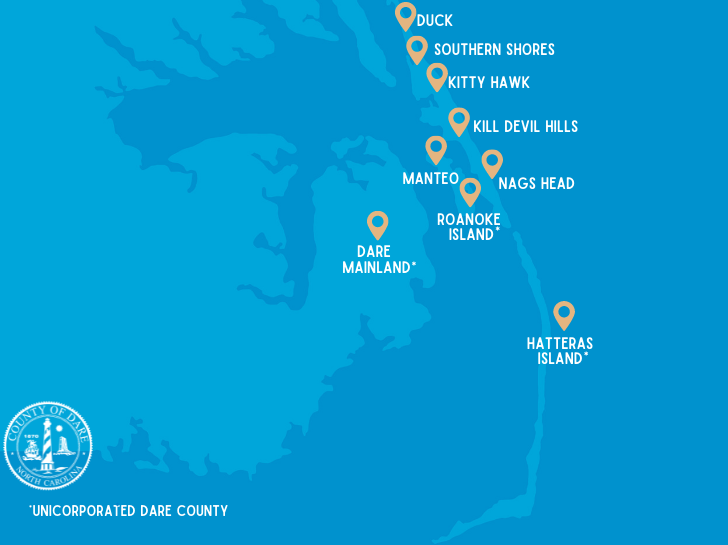
Dr. Stanley R. Riggs, distinguished research professor in East Carolina University’s department of geological sciences, was recently awarded the 2021 Francis Parker Shepard Medal for “Excellence in Marine Geology.”
The national Society for Sedimentary Geology presented the award, which is named for the “founder of American Marine Geology.” The nonprofit organization focuses on science and education within a diversity of fields in sedimentary geology.
Supporter Spotlight
Nominees must have a sustained record of outstanding research contributions to marine geology or other significant aspects such as geophysics, geobiology, and geochemistry, providing there is a clear link to marine sedimentation.
Riggs earned his bachelor’s degree from Beloit College in 1960, his master’s degree from Dartmouth College in 1962, and his doctorate from the University of Montana in 1967.
Riggs has been on the faculty of East Carolina University for 54 years. From 1967 to 1999 as distinguished professor of the Thomas Harriot College of Arts and Sciences and from 2000 to the present as an East Carolina University distinguished research professor.
He also received the Oliver Max Gardner Award in 1983 for the faculty member in the University of North Carolina system who “made the greatest contribution to the welfare of the human race.”
From 1978-1983 he was a member, and from 1984 to 1992 was co-director of the International Geologic Correlation Program 156 on Marine Mineral Resources. In 1986 he was awarded the Queen Elizabeth II Senior Research Fellowship in Marine Science by the Australian Minister for Science.
Supporter Spotlight
Since 1963, he has also focused on the coastal marine geology at the intersection of land, sea, and air. This dynamic zone of change and conflict is where the riverine, estuarine, barrier island, and continental shelf systems are integrated. He co-designed in 2000 and co-directed for over a decade, a United States Geological Survey-funded, multi-institutional, cooperative study on the origin and evolutionary history of the North Carolina coastal-marine system.
Riggs served on the North Carolina Governor’s Committee on Marine Natural Resources in the 1970s, North Carolina Mining Commission-Environmental Position from 1979 to 1989, North Carolina Coastal Management Commission’s Science Panel from 1997-2016, and the North Carolina Legislative Commission on Global Climate Change from 2005-2011.
From 2012 to the present, he established and directed the nonprofit North Carolina’s Land of Water, or NC LOW, to put coastal-marine science to work within the public domain.
Riggs has lectured and led field trips for teacher-training workshops that introduce K-12 school educators to the natural sciences, published books on coastal dynamics and climate change, presented hundreds of public lectures, workshops and reports, and many documentary programs on television including NC public television.
“For more than 54 years, Stan’s rigorous research, inspirational teaching, and accessible outreach have provided major benefits to humankind and influences on coastal system management. His scientific understanding of earth resources, coastal systems, and visions concerning the dynamics of future change will continue to impact society, as well as our planet, for years to come,” according to officials.







